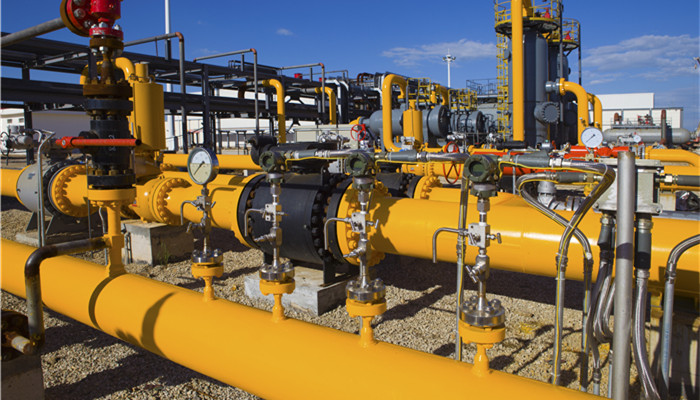
PET market size maintains growth trend and industry concentration is high
PET generally refers to polyethylene terephthalate, commonly known as polyester resin or polyester. Together with PBT (polybutylene terephthalate), it is collectively known as thermoplastic polyester or saturated polyester. PET can be divided into blended polyester, liquid crystal polyester, copolymer polyester, cyclic polyester, etc. according to different compositions and structures; according to different uses, it can be divided into polyester fiber, polyester film and polyester bottle flakes.
The upstream of the PET industry chain is the supply of chemical raw materials such as ethylene glycol, terephthalic acid, and dimethyl terephthalate; the midstream is the production of subdivided products; the downstream is widely used in textiles, packaging, automobiles, medical, electronic and electrical , engineering plastics and other fields.
According to the “China PET Product Market Special Research and Investment Feasibility Assessment Report 2023-2027” released by the Industrial Research Center, PET It has excellent performance and has the characteristics of non-toxic and odorless, high transparency, excellent electrical insulation, good dimensional stability, and low production cost. With the continuous development of our country’s economy, the continuous improvement of national living standards, the continuous expansion of the scale of food packaging, medical, automobile and other industries, the accelerated transformation and upgrading of the manufacturing industry, and the increasing social awareness of environmental protection, PET, as an environmentally friendly, non-toxic, high-performance Engineering plastics, the market size maintains a growth trend. In 2017, my country’s PET market size was approximately 420 billion yuan, and in 2022, the market size will exceed 560 billion yuan, with a compound annual growth rate of approximately 6% from 2017 to 2022.
From the perspective of market structure, polyester fiber is the most widely used, accounting for more than 81% of the PET market, followed by polyester bottle flakes, accounting for approximately 12%, and polyester film, accounting for the smallest proportion, approximately 7%.
In recent years, the state has issued a number of policies to encourage and support the development of the PET industry. In October 2022, the National Development and Reform Commission issued the “Catalogue of Industries to Encourage Foreign Investment (2022 Edition)”, proposing to encourage the continuous copolymerization modification of differentiated and functional polyester (PET) [cationic dye-dyeable polyester, alkali-soluble polyester , high shrinkage polyester, flame retardant polyester, low melting point polyester, amorphous polyester, biodegradable polyester, polyester produced using green catalysts, etc.] development.
Industry analysts said that my country’s PET industry started late, but has developed rapidly with the support of national policies and downstream market demand. The scale of production continues to expand, the industrial chain system is becoming increasingly perfect, and companies have made great progress in R&D capabilities, production equipment, product types and quality. Currently, China has become the world’s largest PET supplier. At this stage, there are a large number of domestic PET production companies. Large companies occupy most of the market share by virtue of their advantages in scale, technology, brand awareness, etc., and the industry concentration is high. Domestic PET production companies are mainly concentrated in coastal areas such as Shanghai, Guangdong, and Zhejiang, including Jiangsu Hengyi Group Co., Ltd., Zhejiang Tongkun Group Co., Ltd., Jiangsu Sanfangxiang Group Co., Ltd., Hengli Petrochemical Co., Ltd., Sinopec Yizheng Chemical Fiber Co., Ltd., etc.

 微信扫一扫打赏
微信扫一扫打赏

